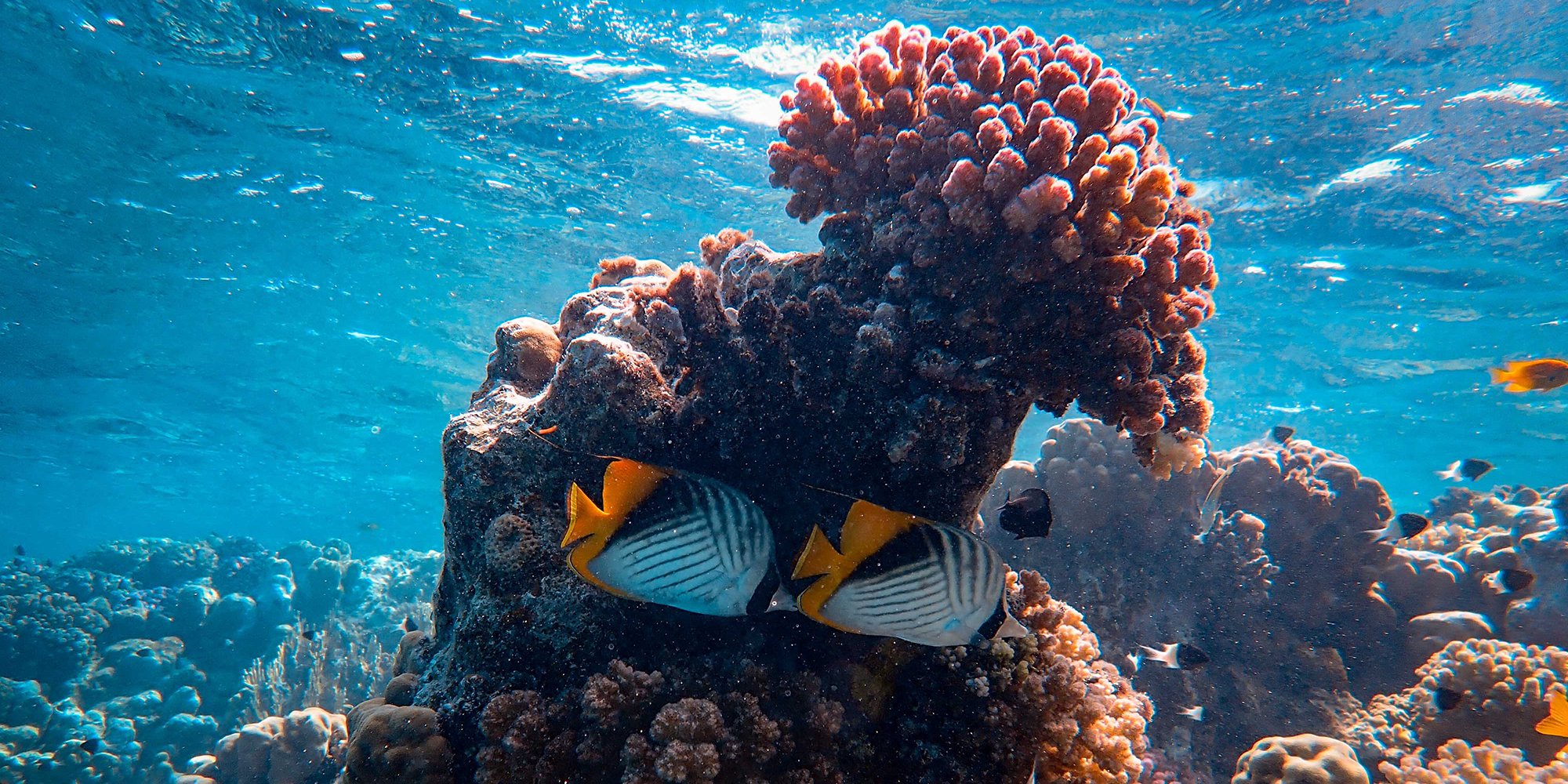
It is widely known that the ocean contains more artifacts than all the world’s museums combined, and that there’s around 20 million tons of gold diluted in its waters. Science teaches us wonderous facts about the ocean, but it’s the efforts to understand and protect the ocean that may be science’s most valuable contribution. Indeed, the latest scientific evidence has warned us that our ocean is getting “hot, sour and breathless”, but also offers pathways to effect change. For example, we have just recently been able to use drones or even satellites to track ocean plastic, and provide clues as to how to reduce it.
What science urges us to comprehend is that Earth’s largest ecosystem, a prerequisite for life on our planet, is under serious threat. Global warming is causing sea levels to rise, products used in intensive agriculture find themselves in the ocean depleting oxygen and killing marine life, toxic contaminants enter our ocean because of air pollution, the absorption of rising carbon dioxide levels acidify its waters, and so on.
In light of these urgent issues, on the 5th of December 2017 the United Nations General Assembly proclaimed that 2021 to 2030 would be the UN Decade of Ocean Science for Sustainable Development. UNESCO’s Intergovernmental Oceanographic Commission (IOC) was mandated to prepare an Implementation Plan for the Decade in collaboration with the ocean science world and is coordinating implementation of the Ocean Decade that started on the 1st of January 2021. Their vision is “The Science We Need for the Ocean We Want” and their mission is to establish “an unprecedented international scientific alliance to bring people and the ocean together”. The Decade aims to provide a common framework for ocean science to ensure that it can support countries’ efforts to manage the oceans sustainably and to break new ground across the science-policy interface to secure good ocean and coast management in the years to come.
Find out more about the UN Ocean Decade.
At the beginning of June 2021, the high-level launch of the UN Ocean Decade took place, celebrating the start of the Ocean Decade. It also kicked off the continuous event, the First International Ocean Decade Conference, taking place until May 2022. There will also be seven “Ocean Decade Laboratories” from mid-2021 to mid-2022, aiming to forge partnerships, design Decade Actions and foster dialogue on overarching Ocean Decade themes: inclusivity, solutions-based ocean science, regional action, and resource mobilization, among others.
The International Science Council (ISC) participated in the launch, as a partner of the UN Decade of Ocean Science for Sustainable Development. The ISC Chief Executive Officer Heide Hackmann featured as a speaker during the conference and took the opportunity to reaffirm the International Science Council’s support to the Ocean Decade work and contributing to its success:
“There is an inherent complexity to the challenge that science now faces to seek to protect and sustainably manage the ocean. The challenge is not only about producing knowledge that is rigorous and relevant in addressing the interconnected problems but doing so in ways that seamlessly connect science to policy and practice across timescales, across levels of governance and across contexts of application.”
Heide Hackmann, Chief Executive Officer of the International Science Council (ISC)
Heide reiterated the importance of international scientific collaboration in ocean science, saying “there is an urgent need for us to understand what it is going to take to unleash the transformative potential of science. A potential that for the International Science Council lies in the extent to which we can collaborate internationally, but as we do so, the extent to which we can deliver on the imperatives of inclusivity, integration and openness of our science systems.”
Find out more about the conference.
Header photo by Francesco Ungaro on Unsplash.